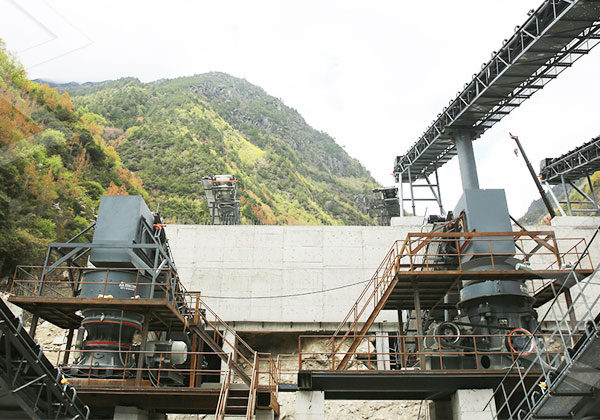Metal ore extraction is a crucial process in the mining industry, involving the extraction of valuable metals from their ores. Crushers play a pivotal role in this process, breaking down large rocks and ores into manageable sizes for further processing. If you’re in the market for a metal ore extraction crusher, understanding your options and requirements is key to making an informed decision. Here’s a detailed overview of what to consider when looking for a crusher for metal ore extraction.

Types of Crushers
- Jaw Crushers: Known for their robust design, jaw crushers are ideal for primary crushing of large ore chunks. They use a compressive force to break the ore, making them suitable for ores with high hardness. Jaw crushers are durable and can handle varying sizes of ore, making them a popular choice for initial processing stages.
- Cone Crushers: These crushers are used for secondary and tertiary crushing. Cone crushers use a gyrating spindle and are known for their high efficiency and ability to produce finer material. They are particularly effective for ores that require a reduction in size and are often used in conjunction with jaw crushers in a crushing circuit.
- Impact Crushers: Utilizing high-speed impact forces, these crushers are ideal for processing softer ores. Impact crushers are often used for mid-sized ores and can produce high-quality output. They are well-suited for processing ores where the desired end product is a finer material.
Key Considerations
- Ore Type and Hardness: The type of ore you are processing and its hardness will influence the choice of crusher. Harder ores may require more robust machines like jaw and cone crushers, while softer ores might be efficiently processed with impact or roll crushers.
- Capacity Requirements: Determine the throughput capacity required for your operation. Crushers come in various sizes and capacities, so it’s essential to choose one that matches the volume of ore you plan to process.
- End Product Specifications: Consider the desired size and quality of the final product. Different crushers produce different sizes of output, so choose a crusher that aligns with your end product specifications.
- Maintenance and Operational Costs: Evaluate the maintenance requirements and operational costs associated with the crusher. Some crushers may have higher initial costs but lower maintenance costs over time. Factor in these costs when making your decision.
- Supplier Reputation and Support: Choose a reputable supplier with a track record of delivering reliable equipment and providing excellent customer support. A good supplier will offer guidance on selecting the right crusher and provide ongoing support and parts availability.
Selecting the right metal ore extraction crusher is vital for efficient and cost-effective processing. By considering factors such as ore type, capacity, end product requirements, and operational costs, you can make an informed decision. Working with reputable suppliers and understanding the capabilities of different crushers will help ensure successful metal ore extraction in your mining operations.

